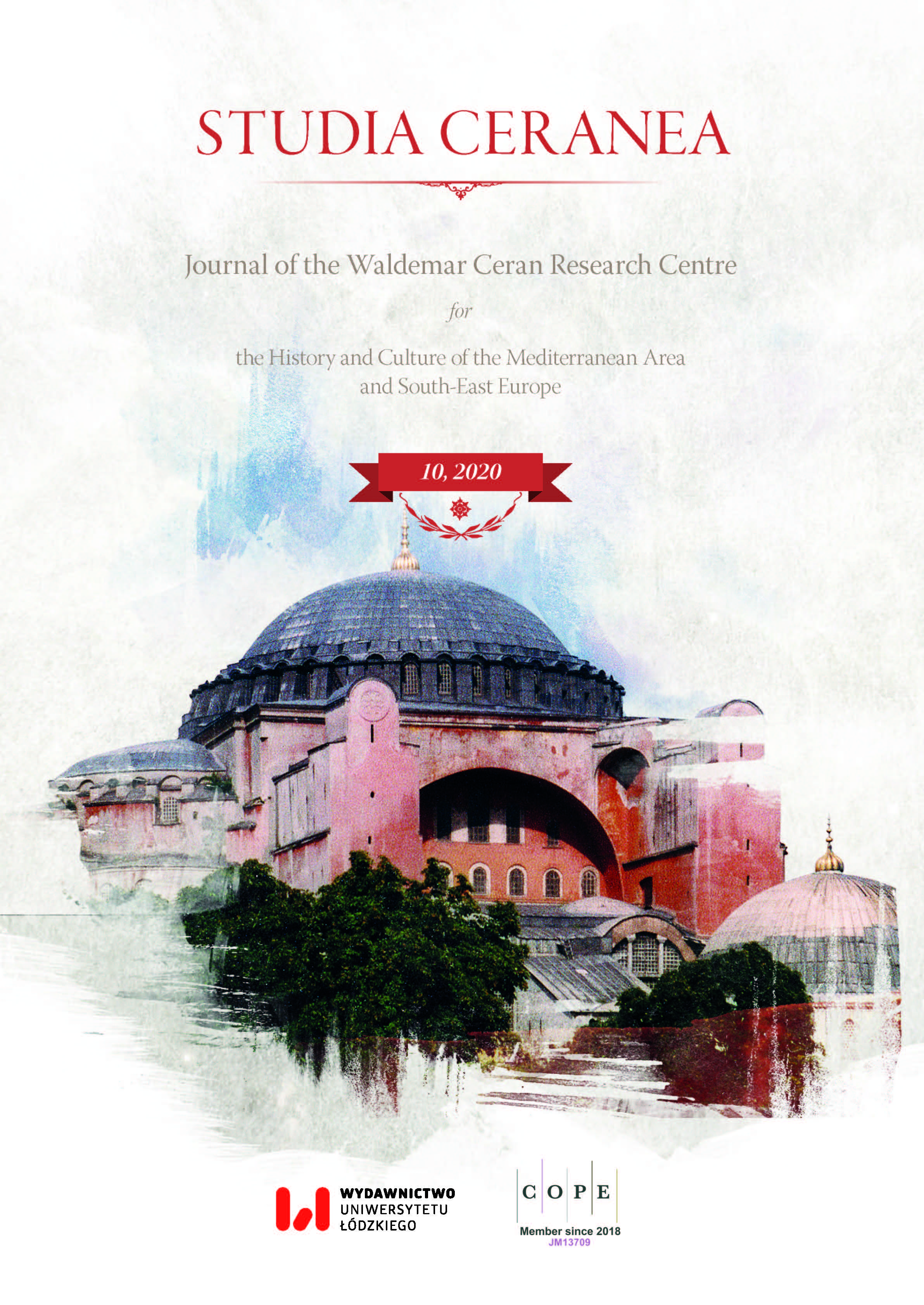Utopian Elements in Porphyry’s De abstinentia
Utopian Elements in Porphyry’s De abstinentia
Author(s): Chiara Di SerioSubject(s): History, Ancient World
Published by: Wydawnictwo Uniwersytetu Łódzkiego
Keywords: golden age; abstinence from meat; sexual abstinence; remoteness from civilization; familiarity with the sacred; utopian lifestyle
Summary/Abstract: In the long passage of De abstinentia, IV, 2–18, Porphyry mentions a series of “groups” (ἔθνη) as examples of abstinence from animal food: the ancient Greeks of the “golden age”, the Lacedaemonians of Lycurgus’ era, the Egyptian priests, the Essenes among the Jews, the Magi among the Persians and the gymnosophists among the Indians. Such an association does not seem at all accidental, since Porphyry refers to a tradition in which these communities have similar habits of life, including the prohibition of eating meat and drinking wine, sexual abstinence, absence of diseases and wars, separation from the civil sphere, devotion to the sacred. All these elements constitute the specific connotation of a human existence that evokes the “time of the origins”, substantially a paradisiac dimension, far from history. It is a deliberate symbolic shift. This brief research will investigate the reasons and the deep meaning of the connection based on utopian life traits.
- Issue Year: 2020
- Issue No: 10
- Page Range: 47-61
- Page Count: 15
- Language: English

